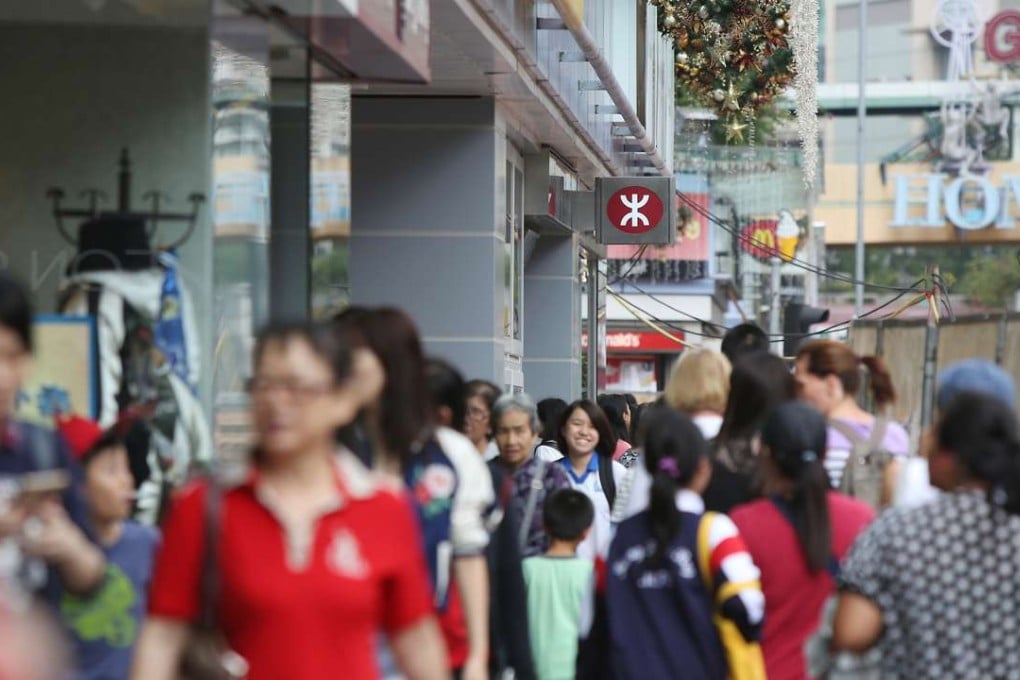How cheaper transport fares can help Hong Kong’s economy regain its edge
Po Chung says the mismatch between workers and jobs is dulling the city’s competitiveness, and the government should make travel more affordable to improve mobility

To halt the declining competitiveness of Hong Kong, it is crucial that we critically review our past success in urban planning and adapt to new challenges.
Hong Kong’s economic miracle was born of a seamless pairing between jobs and people. In the past, subsidised housing was matched with subsidised factory space in newly built satellite towns, empowering people to take up all manner of jobs – some worked in factories while others, mainly children and housewives, took up part-time work at home, such as making plastic flowers. Voila! We became one of the “four Asian dragons”.
Today, the economic structure has changed. A vibrant service sector now employs most of the city’s workforce and, increasingly, we don’t live where the jobs are.
More Hongkongers are living in outlying areas like Tung Chung, Fanling, Yuen Long and Tuen Mun, where housing is more affordable. By contrast, jobs in the service sector have largely remained in the city centre – in places like Central, Admiralty, Tsim Sha Tsui and Causeway Bay. Meanwhile, the satellite towns are not producing enough jobs to be self-sufficient.

Could Hong Kong people move north in search of cheaper housing?
As a result, people now spend more time travelling between work and home. The longer commute pleases no one. Workers pay more in terms of time and transport fare, while companies find it more difficult to hire workers.